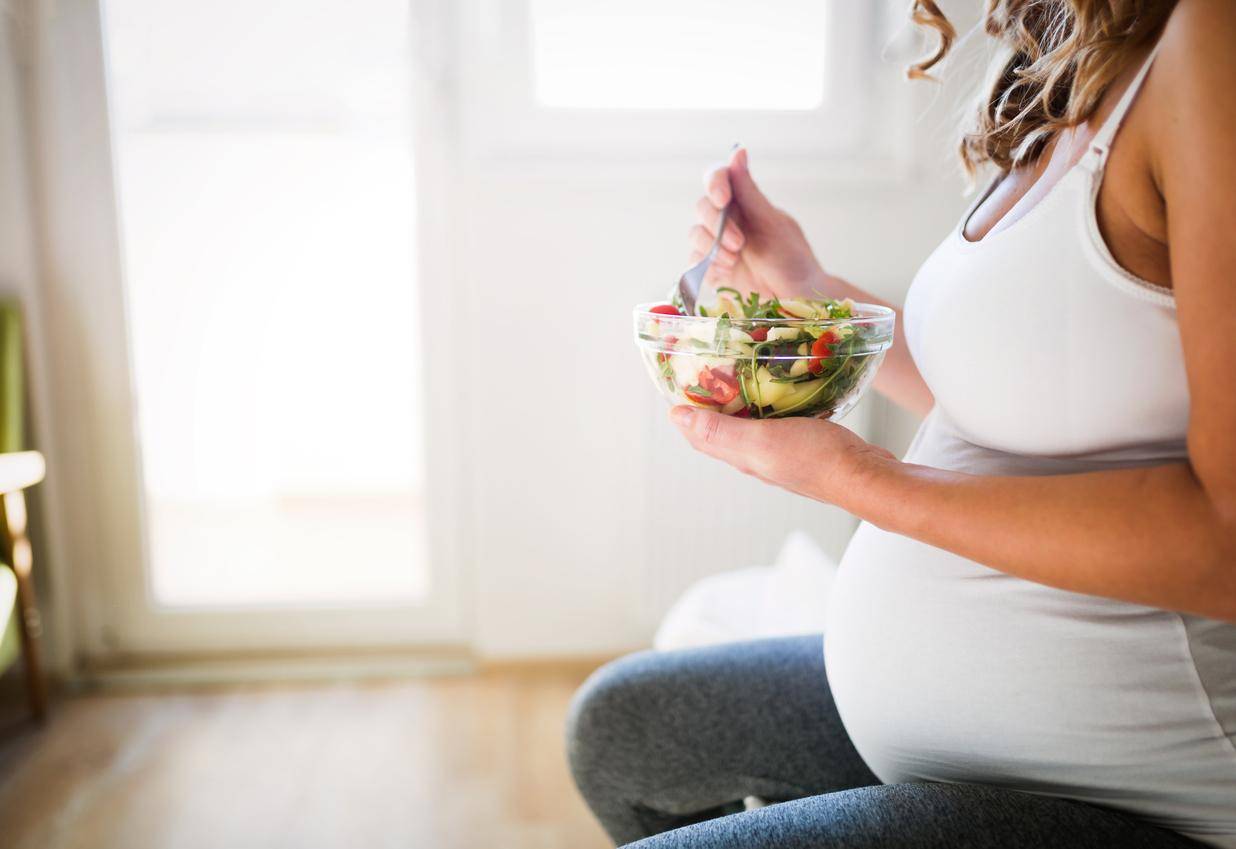Most women know the importance of eating a balanced diet and living a healthy lifestyle when pregnant.
Out goes the wine and cigarettes, in comes gentle exercise.
However a new study has found that making healthy lifestyle changes in the months before getting pregnant can lead to fewer complications in birth.
University of Queensland School of Public Health researcher Professor Gita Mishra is calling for better understanding of the steps you can take before conception to ensure a healthy labour.
“The evidence overwhelmingly showed healthier pregnancies when women were able to make positive lifestyle changes before conception, such as eating well, being more active or quitting smoking,” Professor Mishra said.
“Women with a lower body mass index before conception lowered their risks of pre-eclampsia, gestational diabetes, pre-term birth and stillbirth.
“Higher levels of physical activity before conception resulted in lowered risk of gestational diabetes.
“Also, we know from our own research that women who have a diet high in fruit, vegetables, legumes and nuts before conception have lower rates of gestational diabetes.”
However only 10 per cent of women eat the recommended daily amount of fruit and vegetables during their key childbearing years, according to the Australian Longitudinal Study on Women’s Health.
Women usually develop gestational diabetes in their second trimester, many of whom don’t have diabetes before becoming pregnant. But around 30 per cent of women who have diabetes when they are carrying a baby develop it after they are pregnant, according to the National Childbirth Trust.
What’s more, according to the NHS, gestational diabetes can lead to your baby growing larger than usual and thus delivery being more difficult, polyhydramnios (when there’s too much amniotic fluid in the womb, which can cause premature labour or problems at delivery) and premature birth.
Symptoms of gestational diabetes – many of which are the same as high blood sugar – can be controlled by making healthy changes to your diet and lifestyle.
The researchers found that whilst most women cut back on alcohol and cigarettes when trying to get pregnant, they don’t make an effort to up their intake of fruits and vegetables, and they’re less active than women who aren’t planning on having a baby.
Professor Mishra believes women need to be better educated in these areas in order to do away with these inconsistencies.
“This isn’t about pressuring women at an individual level or making them feel guilty,” she said.
“It’s going to take a huge social shift to tackle the obesity crisis and improve the nation’s eating habits, and to do that we need population-level health initiatives supported by all levels of government.
“The message that everyone needs to hear, whether they are planning a pregnancy or not, is that women who are active and eat more fruit and vegetables will have a much healthier pregnancy and baby.”












